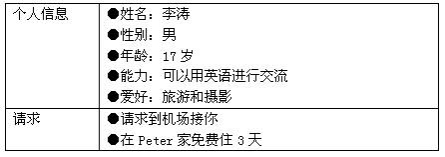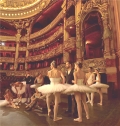题目内容
阅读下面材料,在空白处填入适当的内容(1个单词)或括号内单词的正确形式。
My grandfather is a 1. (retire) worker. On summer evenings, we often sat together outside the house 2. (enjoy) the cool air. It was the time that he told me lots of his experiences before liberation.
When my grandfather was fourteen years old, he worked in a coal mine. One day, when he and his two workmates were working in the tunnel, an 3. (fortune) thing suddenly happened. A part of the tunnel fell down, and they were shut in it. They had no food 4. (eat). When they were hungry, they only drank some water there. It was very cold in it. In order to keep warm, they hugged one another. In the darkness, they didn’t know whether it was day 5. night, they only felt they had stayed there for a very long time. They were too hungry to speak or move, and thought they 6. (die). At last, the tunnel 7. (dig) through. They were saved. They had been there for fourteen days! My grandfather said they weren’t let out at once. If 8. , they would have died. They were kept at the entrance to the tunnel 9. it was very dim, and they were fed 10. some thin porridge. After a day or two, they had recovered a bit, and they were helped out.






